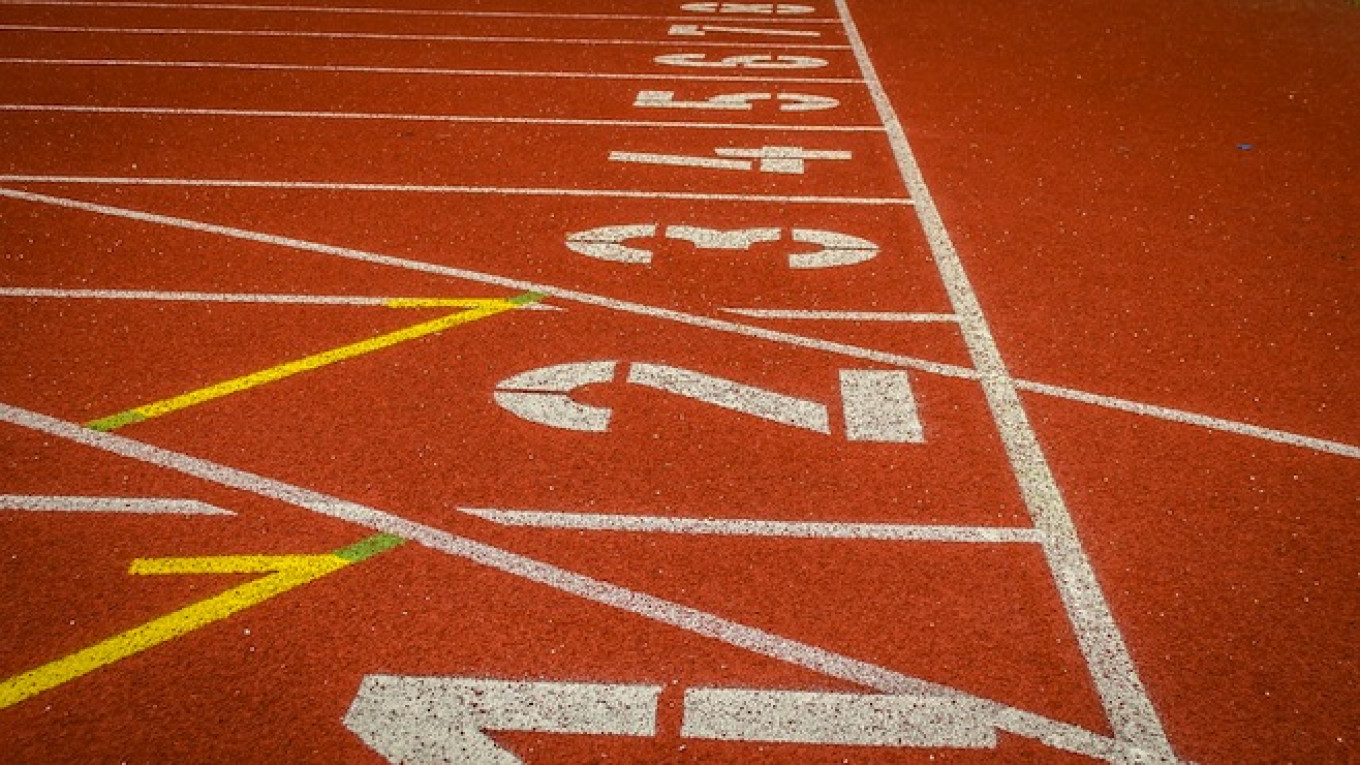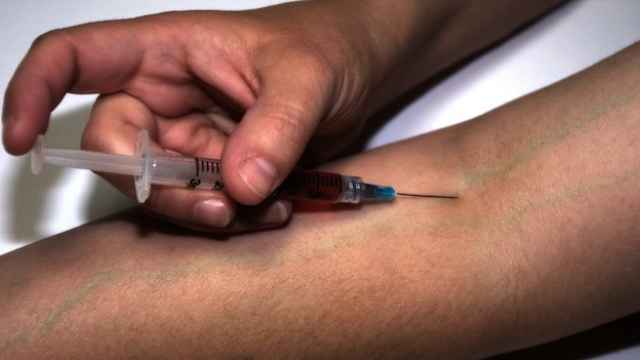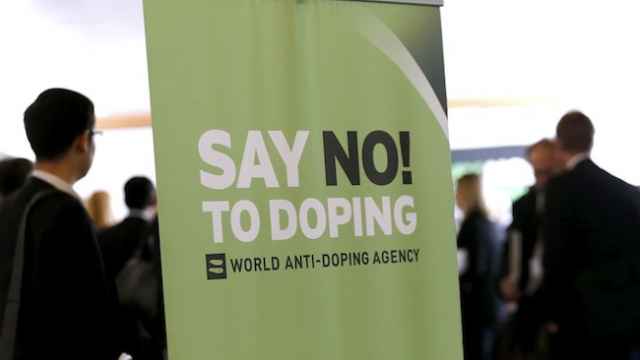Allegations of widespread doping by Russian athletics stars are "unimaginable nonsense", the trainer at the center of the latest scandal to engulf Russian sport told Reuters on Tuesday.
Russia's anti-doping body also promised to investigate the allegations made by German TV, saying it would report back to its global counterpart, but nevertheless said the charges were either untrue or reflected the program makers' "incompetence."
Russian athletes accounted for more than half of abnormal readings in an investigation by German broadcaster ARD/WDR and Britain's Sunday Times newspaper, which got access to thousands of blood test results from 2001-2012.
Vladimir Kazarin, the coach of two Russian athletes alleged to have submitted suspicious blood samples, said the accusations were unfounded. "If you have official positive doping tests, show us. If not, goodbye," he said in a telephone interview.
The 62-year-old, who has coached the Russian women's athletics team since 2002, was the subject of an earlier ARD documentary on doping last year.
"This second film is unimaginable nonsense," Kazarin said. "It is simply ridiculous."
"The Russian athletes who appear … they do not even want to watch these films, they do not take them seriously."
The results of 12,000 blood tests from over 5,000 athletes which were leaked to the two media organizations show more than 800 athletes had submitted samples which were abnormal or "highly suggestive" of doping. Of those, 415 were Russian.
After Kazarin made his comments, the world governing body for athletics (IAAF) said the documentary offered no new evidence that any athlete had failed a drugs test and wrongly implied that it had failed to look into the results when they first came out.
The accusations are the latest to rock Russian sport following an FBI corruption investigation into soccer's world governing body, FIFA, and a Swiss inquiry into its awarding of the World Cup to Russia in 2018 and Qatar in 2022. Russia's sports minister has repeatedly said his country's bid was clean.
'The Whole Thing Is a Lie'
Russia's Anti-Doping Agency (RUSADA) said it would investigate the latest accusations against Russian athletes and submit its results to the World Anti-Doping Agency.
But RUSADA, which is already investigating last year's German documentary, cast doubt on the new charges. "First of all, we assert that the information ... is either not true or speaks of the incompetence of the film's authors," it said in a statement issued on Monday.
Runner Ekaterina Poistogova, who won a bronze medal at the London 2012 Olympics, said she had nothing to hide after being named in the investigation.
"I do not believe one word of this film," she told news agency R-Sport. "The whole thing is a lie. It is more important for me to get ready to compete."
Some of the named athletes were competing in the Russian city of Cheboksary on the Volga River on Tuesday, where they hope to be selected for the world athletics championships in Beijing later this month.
Kazarin filed a lawsuit against ARD filmmaker Hajo Seppelt after last year's documentary but said training his athletes was now more important.
"We won't take this bullshit to court. We have a lot of work, in particular at the championship in Cheboksary," he said. "I don't want to be distracted by things like that."
A Message from The Moscow Times:
Dear readers,
We are facing unprecedented challenges. Russia's Prosecutor General's Office has designated The Moscow Times as an "undesirable" organization, criminalizing our work and putting our staff at risk of prosecution. This follows our earlier unjust labeling as a "foreign agent."
These actions are direct attempts to silence independent journalism in Russia. The authorities claim our work "discredits the decisions of the Russian leadership." We see things differently: we strive to provide accurate, unbiased reporting on Russia.
We, the journalists of The Moscow Times, refuse to be silenced. But to continue our work, we need your help.
Your support, no matter how small, makes a world of difference. If you can, please support us monthly starting from just $2. It's quick to set up, and every contribution makes a significant impact.
By supporting The Moscow Times, you're defending open, independent journalism in the face of repression. Thank you for standing with us.
Remind me later.






